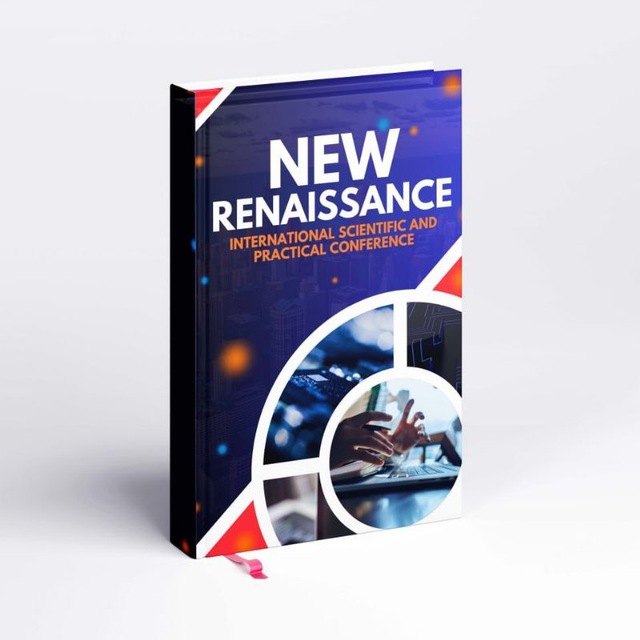Abstract
This article explores the essential role of intercultural communicative competence (ICC) in the acquisition of Uzbek as a foreign language (UZFL), arguing that successful language learning requires far more than grammatical and lexical knowledge. Uzbek presents learners with distinctive sociocultural challenges, including the T/V distinction (“sen/siz”), elaborate systems of kinship terms and titles, ritualized hospitality practices, and evidential markers (“-mish”, “ekan”) that convey stance and social alignment. Without ICC, learners risk pragmatic failures that undermine communication, even when their grammar is accurate. Drawing on an analysis of widely used Uzbek textbooks such institutional series like “Uzbek Language for Foreigners” (A1,A2,B1), recent textbooks published by Alisher Navoi Tashkent State University of Uzbek Language and Literature, Nigora Azimova’s “Uzbek: An Elementary Textbook” and “Uzbek: An Intermediate Textbook”, Oztopcu’s “Colloquial Uzbek”, the study shows that while cultural notes and authentic dialogues are present, intercultural outcomes are not consistently operationalized or assessed. To address these gaps, the paper incorporates insights from international scholarship, including Michael Byram’s framework of intercultural communicative competence, Claire Kramsch’s notion of the “third place” in intercultural learning, and Deardorff’s ICC model, to suggest practical applications for UZFL contexts. Pedagogical strategies proposed include task-based interaction, media literacy, telecollaboration, and explicit pragmatics workshops. Activities such as role-playing a first visit to an Uzbek home, practicing marketplace negotiations, or analyzing evidential usage in media provide learners with authentic opportunities to develop intercultural sensitivity and pragmatic accuracy. The article concludes that ICC is both a prerequisite and an outcome of acquiring Uzbek, enabling learners to interpret input more effectively, sustain motivation, and engage respectfully in Uzbek-speaking communities. Embedding ICC at the core of UZFL instruction ensures that language teaching transcends memorization of forms and instead fosters holistic communicative competence.
References
Azimova, Nigora. Uzbek: An Elementary Textbook. Washington, DC: Georgetown University Press, 2010.
Azimova, Nigora. Uzbek: An Intermediate Textbook. Washington, DC: Georgetown University Press, 2013.
Byram, Michael. Teaching and Assessing Intercultural Communicative Competence. Clevedon: Multilingual Matters, 1997.
Byram, Michael, and Michael Fleming, eds. Intercultural Experience and Education. Clevedon: Multilingual Matters, 2001.
Deardorff, Darla K. “Identification and Assessment of Intercultural Competence as a Student Outcome of Internationalization.” Journal of Studies in International Education 10, no. 3 (2006): 241–66.
Kramsch, Claire. Context and Culture in Language Teaching. Oxford: Oxford University Press, 1993.
Oztopcu, Karl. Colloquial Uzbek: The Complete Course for Beginners. London: Routledge, 2000.
Tashkent State University of Uzbek Language and Literature. Uzbek Language for Foreigners [textbook series]. Tashkent: Alisher Navoi University Press, 2020–2023.
